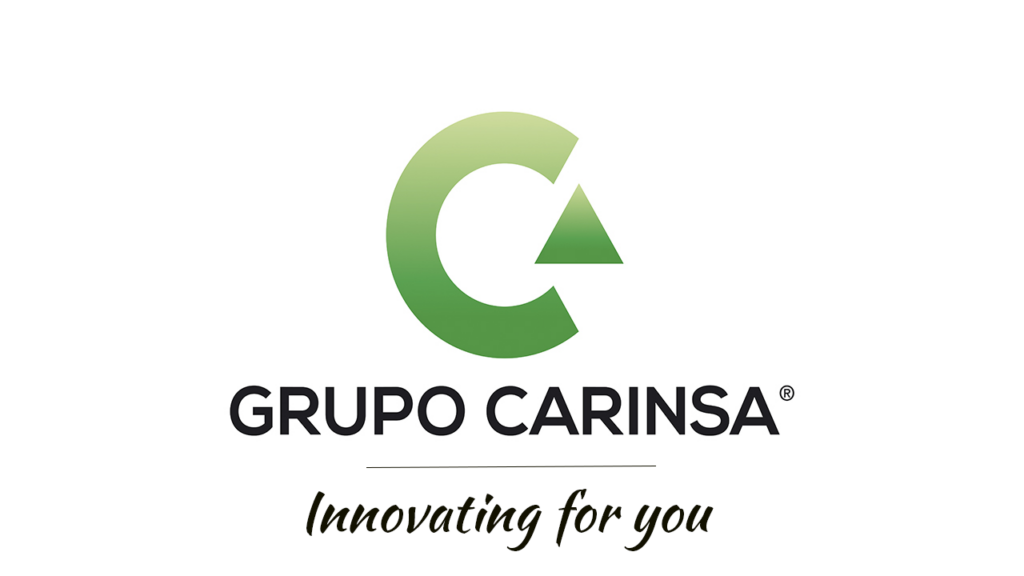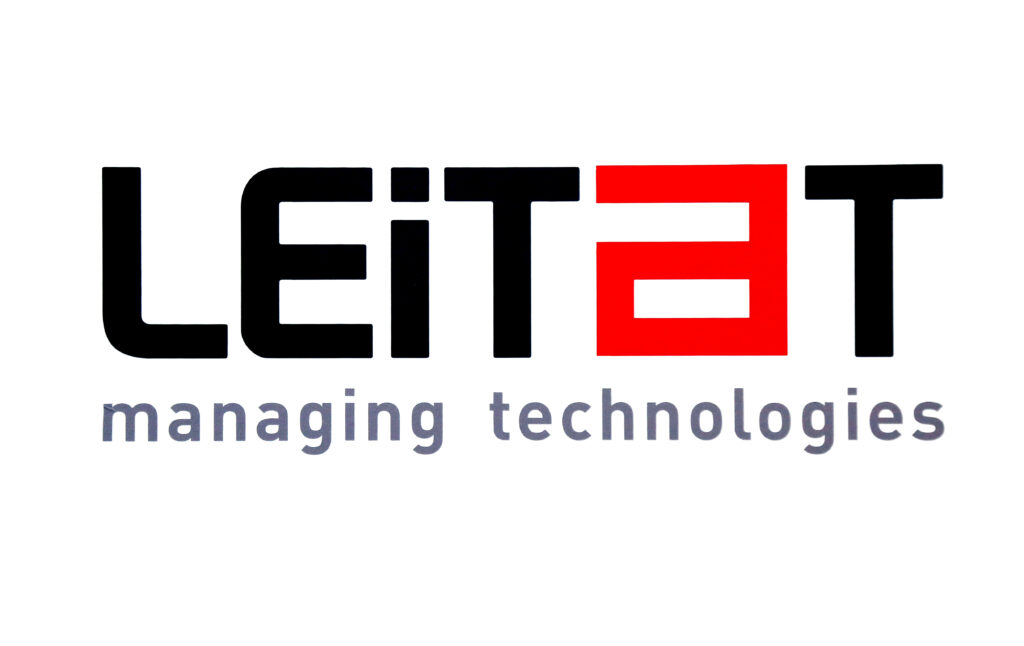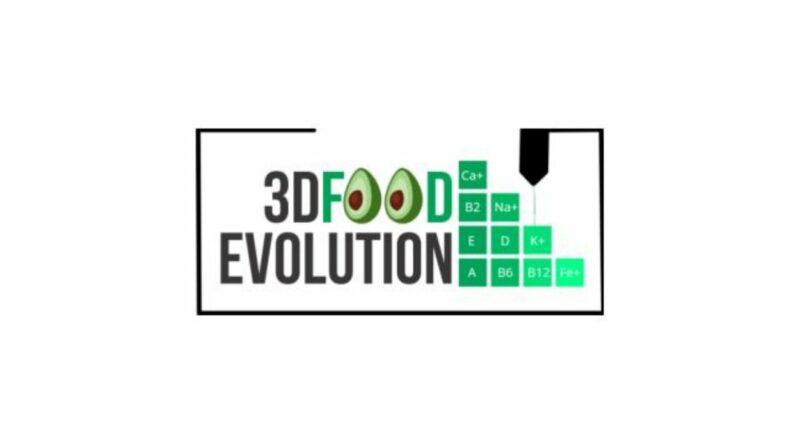3DFOOD-EVOLUTION
3DFOOD-EVOLUTION
Design of innovative 3D printed food formulations based on functional ingredients for personalized nutrition solutions of specific target populations.
ABSTRACT
The collaboration between CARINSA and LEITAT in the present project, 3DFOOD-EVOLUTION, aims to develop new know-how and an expertise on the formulation and manufacture of 3D printed products for some target populations: childhood, elderly, and high-level sport athletes. The project will give, as a result, new approaches and newly developed products, that will cover the gap in the emerging precision nutrition area. Taking advantage of two main characteristics of 3DFP, versatility and accuracy, customized 3D nutritional food designs will be achieved and designed, that might make food more appealing for consumers, including a personalized nutritional content that will suit each of the three target groups’ specific needs: from making vegetables more appealing to kids creating new shapes and tastes for them, to making food more enjoyable for people with dysphagia, getting back that group to the social role of food. Through the use of flavourings, colourings, and functional ingredients such as probiotics, food cartridges will be developed to be used in 3D printers in order to create food products that allow people who are discouraged about their diet to look forward a healthy relationship with food.
A consortium has taken the challenge that this project really means, with complementary synergistic capabilities to fulfill the technological and technical aspects necessary for its successful execution. Initially, the nutritional requirements of the population groups and the application of functional ingredients, such as probiotics or vegetable extracts, will be defined. Furthermore, food preparations and matrices will be developed, in the form of 3D printer food cartridges. Thanks to CARINSA’s knowledge of flavourings and functional ingredients, the aim is to create products with more appetizing flavours and a visual impact on the consumer. In addition, the application of 3DF printing will be studied, including the development of specific hardware, and all 3D printed foods will be characterized. Finally, the new food prototypes will be scaled up to pilot plant level, in parallel with a technical evaluation. A series of manufacturing protocols, shelf-life assessments and nutritional profiles will be developed for all 3D printed functional foods.
The outcome of the project will be the manufacture of, at least, seven different food product types, designed for children, athletes and elderly people, that will help CARINSA to position as a leading company in the field of 3D food printing technology, not only in its hardware as printer, but also in all the needed ingredients and bases that are needed to make the technology valuable and usable by final consumers. This way, the research aims at the obtention of personalized 3D printer food cartridges, that are B2B market-feasible, as a key part of a strategy for nutrition precision applications. Also, in conjunction with the research concerning with 3DFP, to value the potential of these developments as a new technology, that can be used in specific sectors and specialty areas, such as nursing homes, hospitals or gyms. This approach includes the assurance of food safety, feasibility and traceability, for all industries which are target for the project, and processes developed in the project, as well as assuring the acceptation and commercialization of the new obtained products by the final costumers, which are people with specific nutritional needs who can improve their quality of living with the results of ·3DFP.
Project Budget: 672.056,00 €
LEITAT Budget: 320.179,00 €
Financial Framework: Proyectos de Colaboración público-privada 2021
Contract number: CPP2021-008939
Start Date: 01/09/2022
End Date: 31/08/2025
Partners:


Coordinator
Project CPP2021-008939 funded by:


